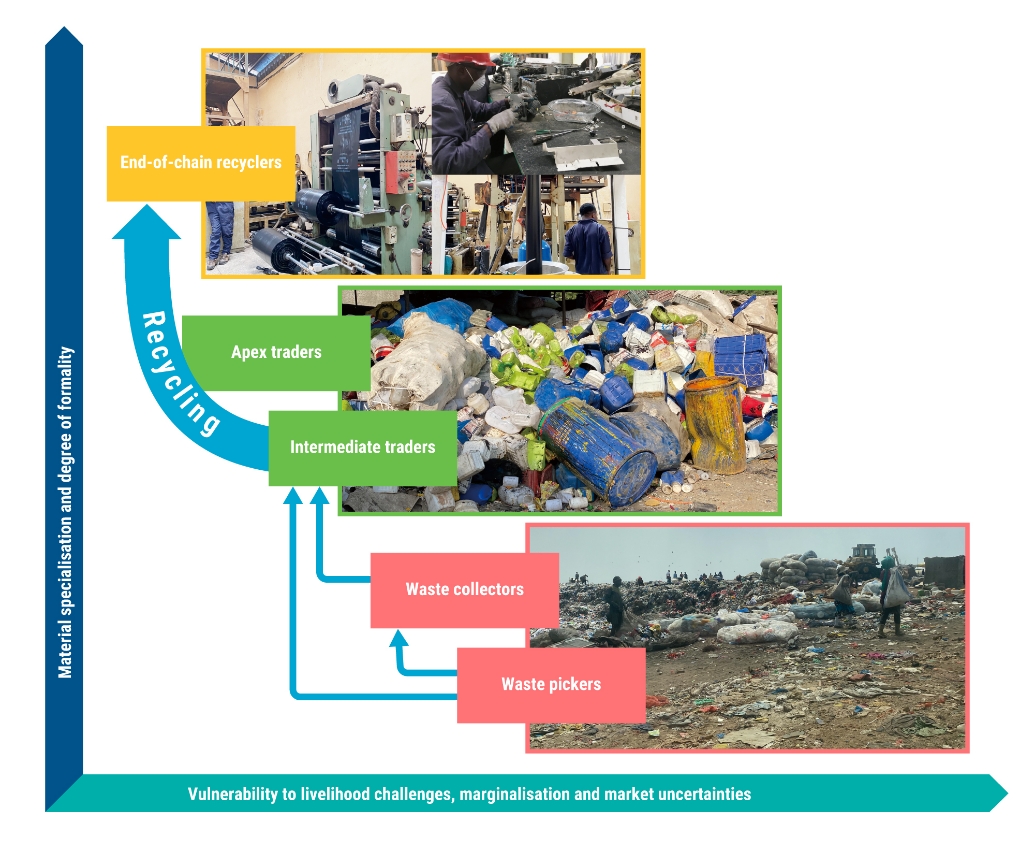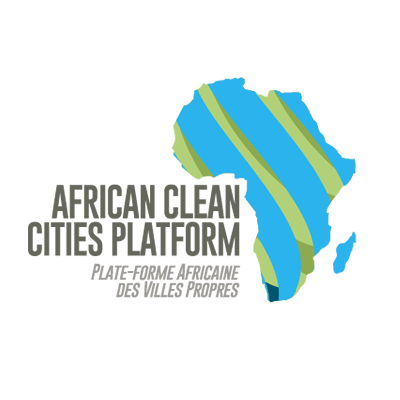Mismanaged Municipal Solid Waste in Africa

UN-Habitat’s global monitoring of SDG 11.6.1 found that in 2018 the world generated 2.4 billion tonnes of municipal solid waste, of which 1.08 billion tonnes, about 45%, were mismanaged. The situation is more serious in Africa with average collection rate of 52%, and more than 80% of municipal solid waste generated in Sub-Saharan Africa is mismanaged.
SDG 11.6.1 monitoring results can be found here.
Access to Basic Waste Collection in African Cities

UN-Habitat survey conducted in 2021 in several African cities on household access to a basic waste collection service revealed an enormous service coverage gap between non-slum and slum populations. More than 90% of the population in slums do not have access to a basic waste collection service, while almost 70% of the population in non-slum areas do. This indicates that pollution from uncollected waste largely occur in the most impoverished urban areas, where governments and formal service providers struggle to offer a basic waste collection service. This is represented by a typical slum living condition where waste is dumped in the nearby environment, becoming a direct health hazard for the residents.
Methane Emission from African Cities

More than 90% of waste generated in Africa is disposed at uncontrolled dumpsites and landfills, often with associated open burning. 19 of the world’s 50 biggest dumpsites are located in Africa, all in Sub-Saharan Africa. It is a significant source of methane and black carbon, two short-lived climate pollutants, which is the third largest man-made source of methane. Open waste burning and the use of polluting collection vehicles emit black carbon, a key component of particulate matter (PM2.5) air pollution. When unsustainably managed, waste is also a breeding ground for toxins and microbes that contaminate the air, soil, and water.
Just Transition of Informal Waste & Recovery Sector in Africa

When municipal solid waste management gaps exist in cities, informal waste and recovery sector (IWRS) actors become active, sometimes providing the only form of solid waste collection and recovery service. On the one hand, those informal sector plays a critical role in reducing unmanaged waste and plastic pollution, contributing to resource recovery,
increasing circular Municipal Solid Waste Management solutions, reducing climate emissions and protecting public health. On the other hand, IWRS workers unjustly bear the costs of mismanaged waste and pollution, as they tend to be exposed to hazardous and dangerous working environments, often without proper protective gear.
Key report can be accessed from here.
